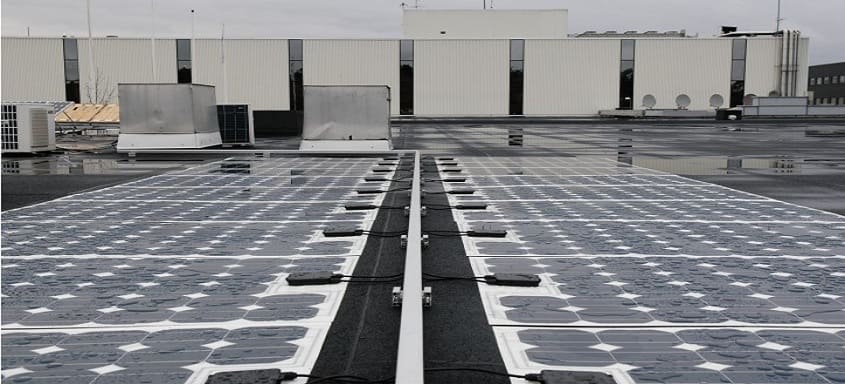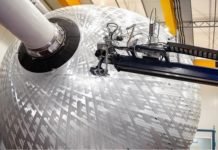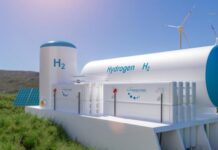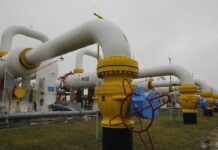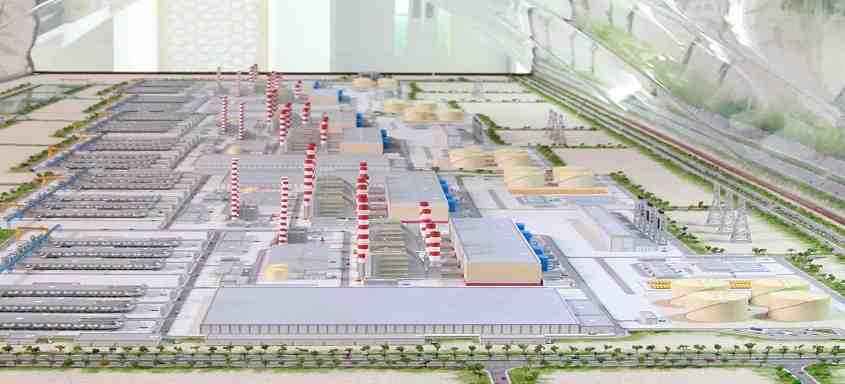DTE Energy has matched two economic development grants from the US Economic Development Administration (EDA) to assist St Clair County and the City of Harbor Beach redevelop property following retirements of DTE coal-fired power plants.
The EDA granted US$50 000 each to St Clair and Harbor Beach. DTE matched each grant, contributing a total of US$100 000 to help mitigate economic and social impacts of plant retirements in these two cities.
In June, DTE Energy announced it would retire three coal plants in Michigan by 2023, including the St Clair power plant in East China Township, and replace this capacity with a mix of newer and cleaner sources of energy generation, such as wind, solar and natural gas. DTE’s Harbor Beach power plant was retired in 2013.
“DTE is fundamentally modernising the way we produce energy for Michigan – shifting from ageing coal-fired plants to cleaner energy sources,” said DTE Energy President and COO Trevor Lauer. “We recognise these plants have served communities for decades, providing jobs and significant revenue for municipal and community services. These grants will help St Clair and Harbor Beach identify potential solutions to reinvest in the community and generate new tax base.”
The St Clair power plant has been a critical piece of the East China Township and county tax base since going on line in 1953. DTE Energy’s US$50 000 match of the EDA’s grant will help commission a comprehensive economic impact study for the St Clair plant closure. The economic impact study will assess the economic value of the plant and recommend strategies for economic diversification and reinvestment.
The DTE Energy power plant in Harbor Beach was retired in 2013 after operating for nearly 50 years. DTE Energy’s US$50 000 match of the EDA’s grant will help develop a comprehensive feasibility study for a local multipurpose space that could serve as a business start-up hub. The hub could take form as a co-working space or makerspace, and share resources with local, regional and state organisations to provide technical training and social support to entrepreneurs. The feasibility study will allow the community to have a clear pathway as to whether they should proceed and, if so, the framework for successful implementation.





